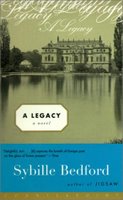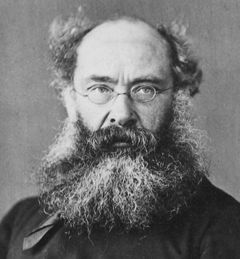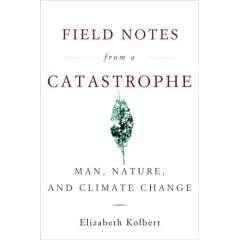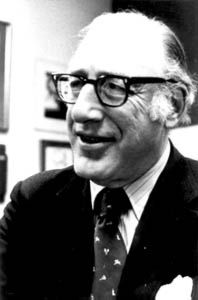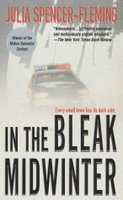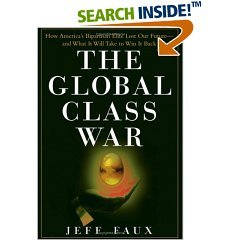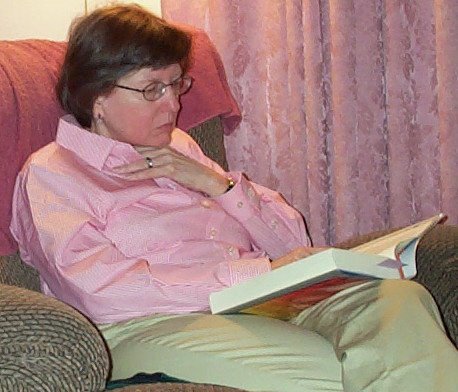Elinor Lipman Does It Again
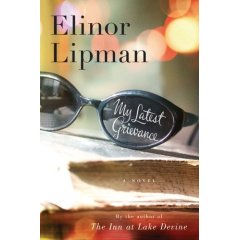
Elinor Lipman published her first novel, The Inn at Lake Devine in 1998. Until now I have thought it her best and funniest.
But with My Latest Grievance (©2006) she has outdone herself.
The story takes place at a fourth-rate New England girls college in the late 1970s. The daughter of a left wing psychologist and sociologist makes friends with her father’s ex-wife when the woman comes to be a house mother at the college.
After some hilarious lying, scheming, manipulation, adultery, and attempted suicide, not to mention the Great Blizzard of 1978, justice prevails and all is well. It’s a charming and very funny book.


